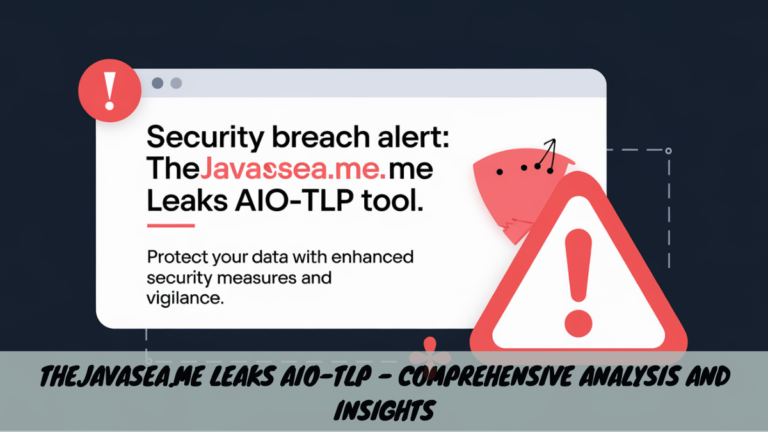3 Reasons To Schedule Regular Heart Screenings for Women
Cardiovascular diseases affect many women, but if they are detected early, they can be treated. Regular screening is part of women’s heart health programs as it monitors risk factors and overall health to prevent complications. If you’ve been diagnosed with a heart issue, a cardiologist can help you treat or manage the condition and its symptoms. Here are three reasons to schedule regular heart screening:
Manage Risk Factors
Screening for cardiovascular conditions is prioritized because heart disease is a leading cause of death in women. Men and women have risk factors, such as high cholesterol, high blood pressure, diabetes, and obesity. Women also face unique risks, including PCOS, gestational hypertension, diabetes, and birth control hormones.
If you have a family history of cardiovascular diseases, screening can identify issues early before they become more serious. Women’s heart health clinics usually monitor all risks, from exercise and nutrition to BMI, cholesterol, stress, and sleep quality. Tracking risk factors allows you to seek early intervention and treat the underlying issue.
Diagnose Symptoms
Women experience heart symptoms differently than men. Some may experience nausea, dizziness, or fatigue rather than traditional chest pain. Other symptoms of heart conditions include indigestion and a heightened heartbeat. If you experience chest pain accompanied by shortness of breath or pressure, seek a cardiologist immediately. They can examine you to determine the cause. Symptoms, such as pain in the jaw, neck, shoulder, and arms, are also related to heart attacks and require prompt medical attention.
Get regular screening to check your blood pressure, cholesterol, weight, glucose, and more to keep them within healthy levels. Your cardiologist can also perform a physical or stress test or use echocardiograms and ultrasounds for accurate diagnosis. Each session provides data for the doctor to track and analyze. They can personalize your care based on changing needs and stages like pregnancy and menopause. If you have the symptoms of a heart-related condition, schedule regular screening to start tracking your heart health.
Manage Heart Condition
Regular screening should be part of your care routine if you’ve been diagnosed with a cardiovascular condition. The screening allows your cardiologist to track the disease’s progression and adjust your treatment if necessary. Screening can detect markers of potential complications, allowing cardiologists to intervene and adjust treatment. Cardiologists and vascular specialists usually provide medication or perform medical procedures to address underlying issues and symptoms.
They also offer other preventative cardiology to lower your risk of developing heart-related issues or complications of existing chronic heart conditions. Cardiologists use regular screenings to prevent issues, such as heart attacks, arrhythmias, and strokes. You also get a customized treatment plan based on your heart health needs. Screening allows you to take proactive measures and maintain a healthy cardiovascular system.
Find Reliable Women’s Heart Health Services Today
Cardiologists offer many services, including preventative cardiology, diagnosis, treatment, and specialized care for women with heart-related diseases. You can use regular screening to maintain a healthy heart or address heart-related symptoms and conditions. Contact a cardiologist today to learn more about women’s heart health and how to schedule regular screening.






